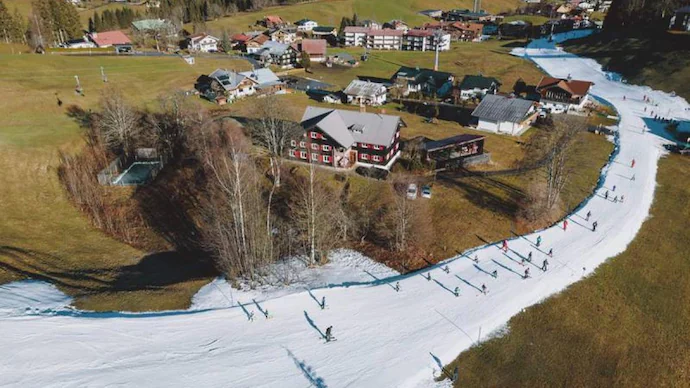Meteorologists in Europe have said that at least eight countries experience record-high temperatures as weather records have been falling across Europe at a disconcerting rate in the last few days.
Data collated by Maximiliano Herrera, a climatologist who tracks extreme temperatures, showed that the warmest January day ever was recorded across Poland, Denmark, the Czech Republic, the Netherlands, Belarus, Lithuania and Latvia.
In the Polish city of Korbielów, the mercury hit 19C (66F), a temperature the Silesian village is more used to in May, and 18C above the 1C annual average for January while in Javorník in the Czech Republic, it was 19.6C, compared with an average of 3C for this time of year.
Meanwhile, temperatures in Vysokaje, Belarus which normally hovers around zero at this time of year reached 16.4C on Sunday, beating the country’s previous record January high by 4.5C.
Read also: Lula restores hopes of saving Amazon rainforest
Northern Spain and the south of France basked in beach weather, with 24.9C in Bilbao, its hottest-ever January day, and records broken at stations in Cantabria, Asturias and the Basque region. Only Norway, Britain, Ireland, Italy and the south-east Mediterranean posted no records.
“We can regard this as the most extreme event in European history. Take the case of the July 2022 UK extreme heatwave and spread this sigma (magnitude) in a much huger area, encompassing about 15 countries.
“We can arguably say this is the first time an extreme weather event in Europe (in terms of extreme heat) is comparable to the most extreme in North America,” Herrera said.
Alex Burkill, a senior meteorologist at the Met Office, agreed it was an extreme weather event. “It’s been extreme heat across a huge area, which is almost, to be honest, unheard of,” he said.
Burkill said that a warm air mass that developed off the west coast of Africa had travelled northeast across Europe from Portugal and Spain, pulled in by high pressure over the Mediterranean.
“It has been widespread, Denmark, Czech Republic, as well as pretty much the whole of Germany have seen temperatures for January exceeding records,” Burkill said.
Prof Bill McGuire, who has written about the consequences of climate breakdown, said the high temperatures were a portent of worse to come.
“The most worrying thing about this is that – such is the speed of global heating – it simply isn’t a surprise any longer,” he said. “It is a small glimpse of a future that will see winter reduced to a couple of months of dreary, damp, and mild weather, with little in the way of frost, ice or snow.”
Story was adapted from the Guardian.
